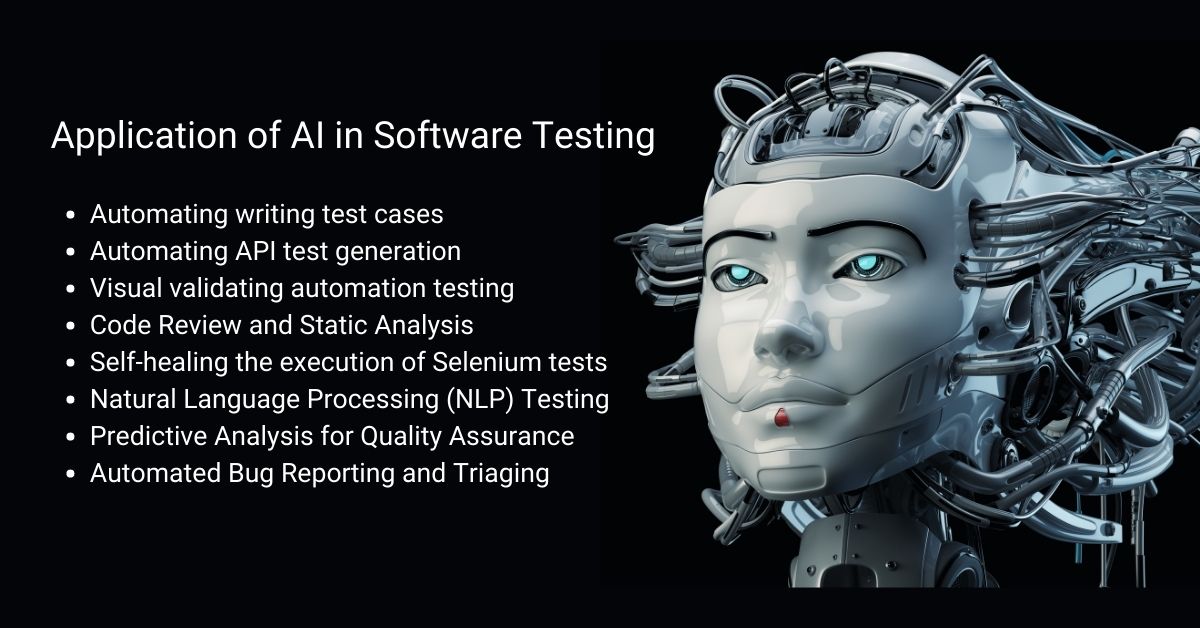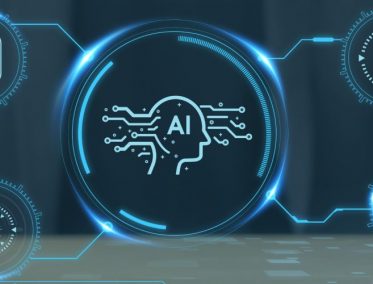The testing process can be greatly expedited by using test automation solutions that leverage AI and machine learning. Since the tests in artificial intelligence testing are developed and implemented independently, the team’s constant attention is not necessary. When executing a repetitious operation, machines that have been programmed are always quicker than people.
AI driven testing goes beyond simplifying the framework and lowering the additional costs associated with product testing. The number of ways on how AI is used in software testing
7 Key Benefits of AI in Software Testing

1. Speeding up Timelines
Among the critical benefits of AI in software testing includes a swift yet detailed scan of log files, code in seconds, and discovering flaws in a lot less time than human testers, who must manually go through thousands of lines of code. AI also produces more accurate results because it is not fatigued or prone to human errors. QA engineers can concentrate on testing new features or paying close attention to the software’s critical components by introducing AI into repetitive tests.
2. Improved Automation
A big portion of a QA’s responsibility is to make sure that new code does not make current working code unstable. The quantity of code that needs to be tested grows as more features are created and added, which may be too much for already overworked QA engineers to handle.
On the other side, AI powered testing tools and bots will be able to change as the programming does.
- They are adaptable and can pick up on new roles.
- They determine whether a modification to the code is a new feature or a flaw that resulted from the change.
- By utilizing a developed platform, automated testing may also be enhanced.
- Additionally catching up and evolving quickly with more sophisticated change detection is AI in visual testing.
3. Clarity about Client Needs
Being able to comprehend what the client wants is crucial when it comes to software testing. It is feasible to leverage AI in software testing to compare related websites and apps to find out what factors influence success among the target audience.
So that developers and testers are aware of the major selling points of a particular software, AI can assist in the analysis of competing goods to find these aspects.
- AI can be used by testers to find frequent code errors that might impair a software system’s seamless operation.
- They can develop test cases to make sure the product does not malfunction when reaching those goals by understanding the client’s needs.
ChatGPT has swept the globe as one of the 2023 trends in automated testing. In terms of artificial intelligence for software testing, it carries the ability to produce text in a variety of formats, including structured data, code snippets, and annotations, and this text can be used to automate processes like code development and testing.
- Code generation is a great approach for novices to learn the fundamental syntax and structure of a programming language since it can produce code snippets in response to natural language questions.
- The next stages can be aided by using code completion to finish partially written code.
- Code explanation can be used to clarify the intent and operation of particular lines of code, assisting both novice programmers and seasoned pros.
- It can help beginners learn how to debug and troubleshoot their code by spotting and explaining code issues.
- For newcomers who want to construct a project, it can offer guidance and suggestions on the best practices, libraries, and project structure.
4. Better Regression Tests
More fast than is achievable with progressive and rapid deployment, regression testing is required. Artificial intelligence can be used to run challenging regression testing. Organizations can utilize machine learning as a tool to create test scripts. For instance, an AI-based process can look for any overlaps in a User Interface update. AI could be used to validate modifications that would be difficult to manually test in the absence of AI.
5. Conducting Visual Tests
The AI-based technology can evaluate diverse user interface contents and offers visual web page validation. Given that the design must be judged by people, these comprehensive tests are difficult to validate. Several tasks that would be difficult for a single human to identify can be carried out by automated testing, such as collecting screenshots and evaluating load times. AI helps in building frameworks, updating the Document Object Model, and summarizing dangers and eliminates the need for manual labor.
6. Cost and Money Efficient
Manual testing requires tedious repetitive work every time the source code is altered. It requires both time and money. Instead, a testing system powered by AI may carry out these activities on a regular basis and without costing extra. Software testing proceeds more swiftly, which promotes cost reduction.
7. Enhanced Test Coverage
With endless benefits of AI in software testing, the complexity and scope of tests can be increased, enhancing the product’s overall quality. As a result, the software’s quality is enhanced. AI testing can go deeper into the memory, file data, internal programme statistics, and data tables to ascertain the software’s optimum performance. AI tests might be able to run more tests concurrently and cover more ground than manual tests can.
Rundown
In a landscape characterized by rapid software releases and evolving user expectations, AI injects agility and precision into software testing. From automating mundane tasks to predicting potential issues by identifying patterns, AI empowers software development teams to enhance quality, accelerate delivery, and stay competitive in the dynamic tech arena. As the benefits of AI continues to evolve, its synergy with testing strategies promises to redefine the way we approach quality assurance and software excellence.




